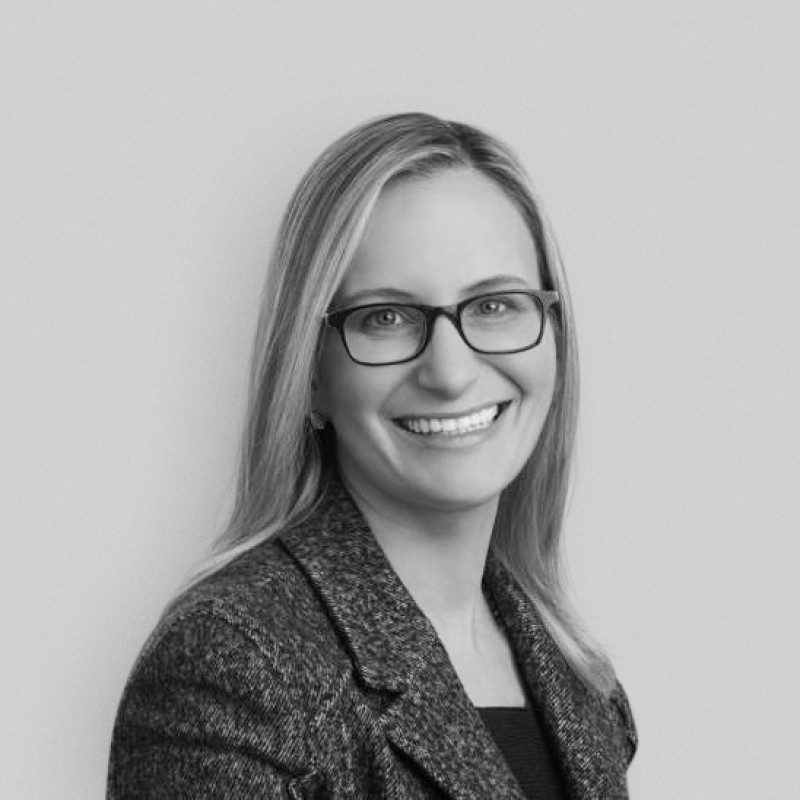Interview with Jackie Reses
- Ingrid Guo

- Mar 19, 2021
- 4 min read
Interview by Emmy Apfel '22
My mom, Jackie Reses, has had a phenomenal career in business. From her days on Wall Street to a career-switch in Silicon Valley, she has firsthand insight into all sides of the business world. I sat down with her to learn more about the trajectory of her career and the lessons she’s learned as a woman in business.
Emmy Apfel: Describe your first taste of the business world. Did you have a business growing up?
Jackie Reses: When I was 16, my brother and I ran a game of chance on the New Jersey boardwalk. This was my first taste of entrepreneurship. Even without the guidance of my parents, I figured out the basics of running a business. I then ran a bunch of businesses in college; I ran a taxi service taking kids to and from the airport on holidays and a specialty ad company that produced personalized clothing for the sororities and fraternities at my college.
EA: Any key takeaways from those businesses?
JR: Above all, I learned that being your own boss is really fun. But I also learned to appreciate that there was a lot I didn’t know. Seeking insight and gaining new perspectives was something I sought out. It was sometimes helpful to learn on the job, but it was also great to gain wisdom from the successes and failures of others.
EA: Having identified your business interest in high school, how did you select a college that would enable you to pursue this interest?
JR: I left high school after junior year. Even from that young age, I knew definitively that I wanted to go to business school. Business has always been a core focus and what I truly enjoyed. I wanted to devote time and energy to business/entrepreneurship, so Wharton at the University of Pennsylvania seemed like the right choice.
EA: What did you learn about business in college?
JR: I learned that I had a lot to learn. I was exposed to people from all walks of life with many different perspectives. I appreciated that I needed to learn more before embarking on a personal business journey.
EA: What helped you through the college business scene? Any strategies for stressful courses or internships?
JR: Worked at Wharton small business dev center, worked at PNC Bank as a marketing research intern. Internships aligned with interests. Not a finance major, so marketing was something I was interested in. Helping small businesses write business plans perfectly aligned with how I grew up and what I wanted to do.
EA: I know your first job after college was as an Analyst with Goldman Sachs. What was the application process? In retrospect, why do you think they hired you? What was your job like there?
JR: You used to drop your physical resume in a slot in their career planning office at Penn. Then Penn would ship to employers all over the country. I remember dropping my resume in every single slot associated with Wall Street. Luckily, I received multiple job offers. I think they liked me because I was entrepreneurial and curious, even with no finance background. When I got to Goldman, there were so many kids like me who were curious and engaged, but also had no finance background. I came to appreciate that the most valuable quality is the sheer willingness to learn and better yourself.
EA: What was the Wall Street scene like as a young woman in the 90s? Did you come across any challenges?
JR: The cards were stacked against young women in the 90s. Women were a significant portion of my Analyst class, which was a relatively new phenomenon. Still, there were many ways our voices were diminished, even when people alleged meritocracy and best intent. It wasn’t until midway through my experience at Goldman that the women were allowed to wear pants—up until that point, we had to wear skirts and pantyhose. The environment didn’t promote all voices.
EA: What were a couple of important lessons you learned on Wall Street?
JR: I learned to put my head down and do good work, and to let my work shine through. I also learned that the best way to make myself smarter is to surround myself with people who are smarter than me.
EA: You made a transition to Silicon Valley, working at Yahoo! and Square. Did you notice differences between those spheres?
JR: In Private equity (Wall Street), there were 5 women in the US who did what I did. Tech is much more open-minded. There’s a distinct orientation towards expanding diversity—people of all perspectives work in tech companies.
EA: How did you approach career changes? What did you look for in a new career move?
JR: I tried to migrate to environments that were tough challenges and that were oriented towards the future. When I first started my career, private equity was up and coming. Naturally, private equity seemed like the right move. Then, I transitioned to tech because I became more and more intrigued with the operation of tech companies and their growing role in the world. Tech seemed like an exciting part of the world that I wanted to learn more about. As for the future, cryptocurrency is beginning to draw my attention.
EA: What are a few accomplishments that you’re particularly proud of?
JR: I’m really proud that I've maintained strong bonds with my family. I love my kids, husband, and of course, my dogs. In terms of career, I’ve achieved more than I could’ve dreamed. I’m proud to be a mentor and leader to so many wonderful, smart people. I can't wait to go work for a lot of them when they excel past me as the next generation. EA: Advice for young women looking to go into business in this day and age?
JR: Don’t hold back and don’t let fear get into your way. You have an unbelievable opportunity to do whatever you want. Put yourself out there.
Image Sources
Wall Street
Silicon Valley
Headshot of Jackie Reses










Comments